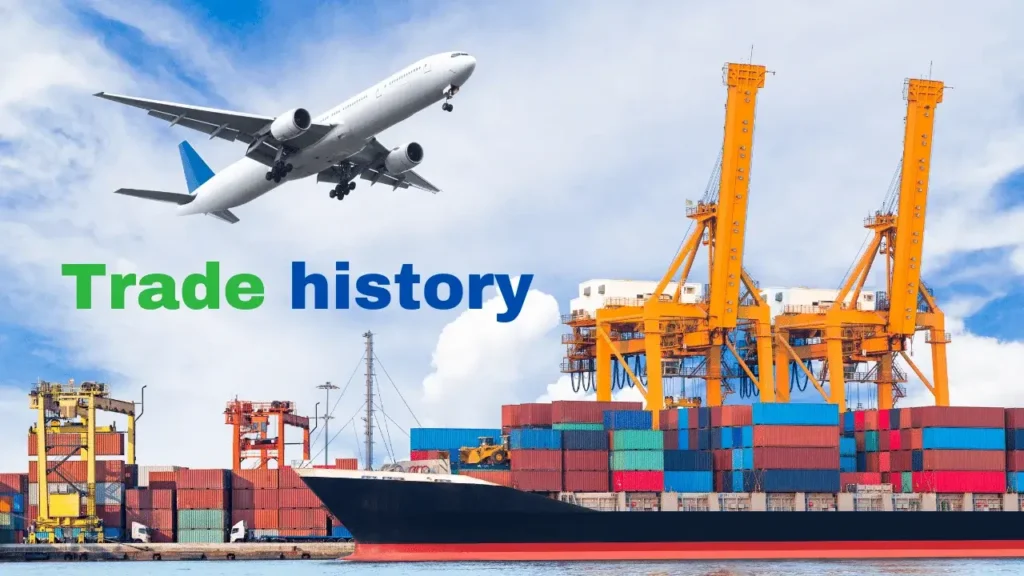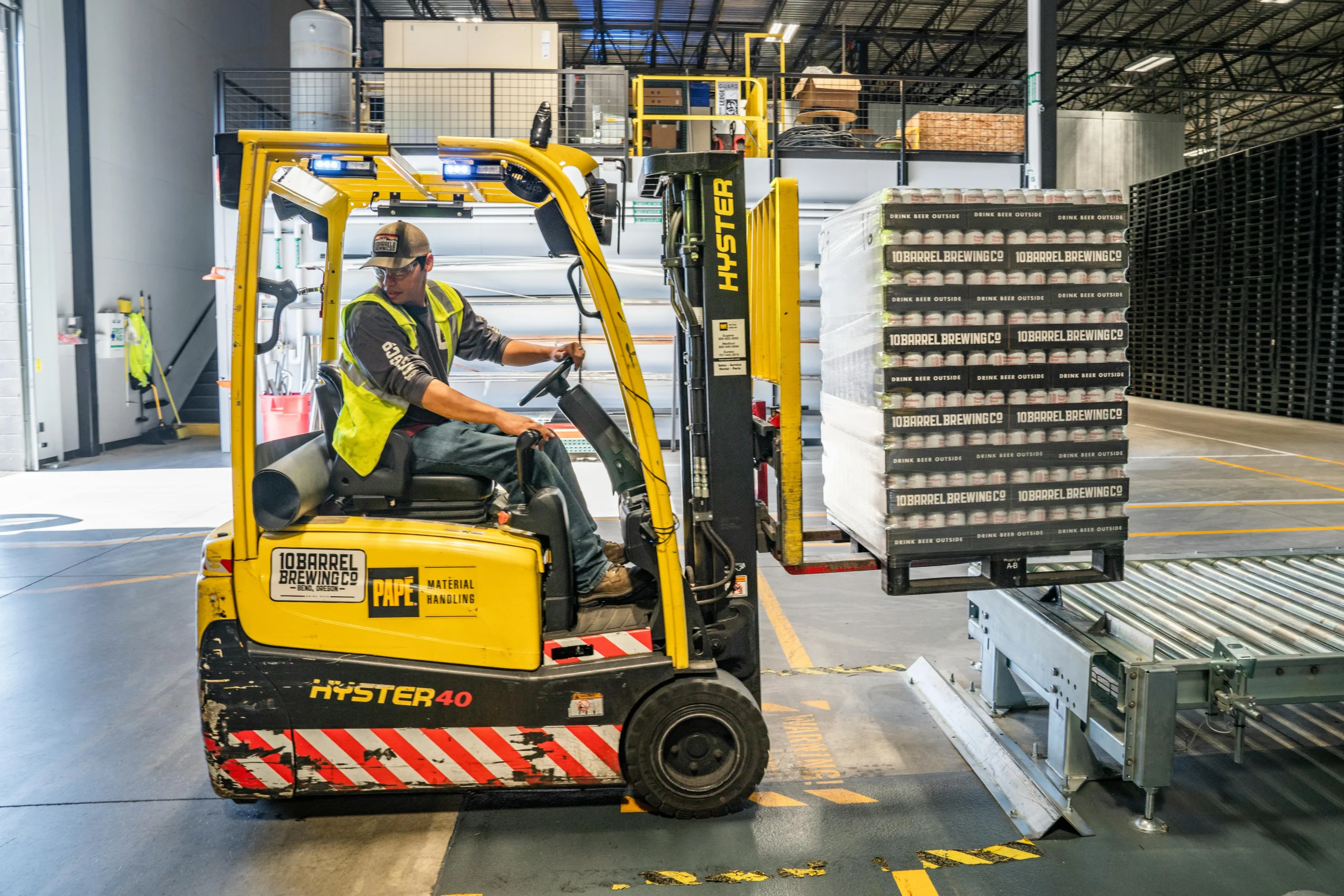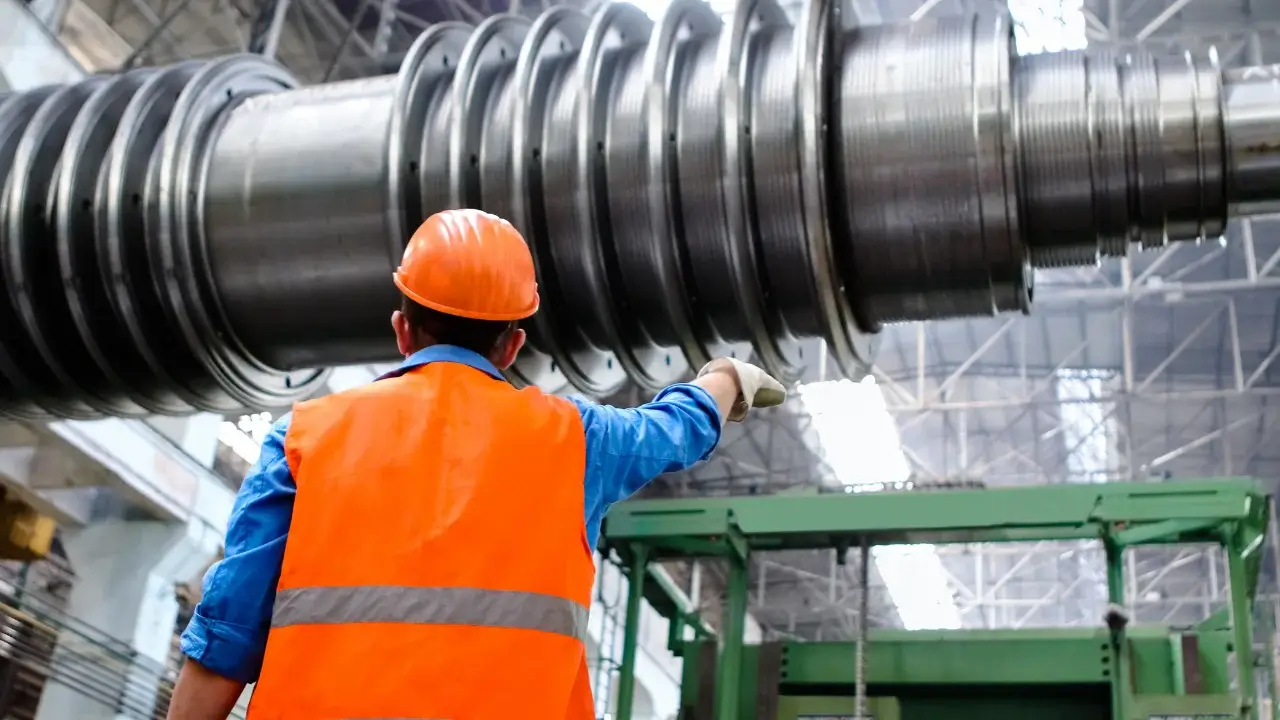Introduction
The transfer of goods and services between two or more parties is known as trade. It has been a fundamental aspect of human society for thousands of years, and has played a critical role in the development of civilizations and the growth of economies.
In today’s globalised world, trade has become more important than ever before. It has empowered nations to spend significant time in creating labor and products in which they enjoy a similar benefit, and to profit from the exchange of different nations. It has also facilitated the growth of international supply chains, allowing goods and services to be produced and distributed more efficiently than ever before.
This article will provide an overview of trade, including its history, benefits, and challenges. It will also explore the role of trade in the global economy, and the policies and institutions that govern international trade.
I. History of Trade
Trade has been a fundamental aspect of human society for thousands of years. In ancient times, traders would travel long distances to exchange goods and ideas with other cultures. The Silk Road, which connected China with Europe, is one of the most famous examples of early trade routes.
During the Middle Ages, European cities such as Venice and Genoa became wealthy and powerful through trade with the East. The rise of European empires in the 16th and 17th centuries further expanded global trade, as European powers established colonies around the world to extract resources and create markets for European goods.
The Industrial Revolution in the 18th and 19th centuries transformed the nature of trade, as new technologies enabled goods and services to be produced on a larger scale and distributed more efficiently. The growth of international trade continued throughout the 20th century, as advances in transportation and communication made it easier to move goods and services across borders.
II. Benefits of Trade
Trade has many benefits, both for individuals and for countries. Some of the key benefits of trade include:
A. Increased Efficiency
Trade allows countries to specialize in producing goods and services in which they have a comparative advantage, and to benefit from the trade of other countries. This specialization enables countries to produce more efficiently, and to achieve economies of scale that can reduce costs and increase productivity.
B. Increased Competition
Trade also increases competition, which can lead to lower prices, better quality, and greater innovation. When countries compete with each other, they are incentivized to produce better goods and services at lower prices, which can benefit consumers and businesses alike.
C. Improved Living Standards
Trade can also improve living standards by enabling countries to access goods and services that they would not be able to produce themselves. For example, a country that does not have a comparative advantage in producing oil can import oil from another country, which can help to meet the energy needs of its citizens.
D. Job Creation
Trade can also create jobs by enabling businesses to expand their markets and increase their sales. When businesses sell more goods and services, they may need to hire more workers to produce and distribute those goods and services.
III. Challenges of Trade
Despite its many benefits, trade also presents some challenges. Some of the key challenges of trade include:
A. Uneven Distribution of Benefits
Trade can lead to uneven distribution of benefits, both within and between countries. Some industries and regions may benefit more from trade than others, while some individuals may be negatively impacted by trade through job losses or increased competition.
B. Environmental Impact
Trade can also have environmental impacts, such as increased greenhouse gas emissions from transportation and manufacturing. It can also lead to overexploitation of natural resources, such as deforestation or overfishing.
C. Cultural and Social Impact
Trade can also have cultural and social impacts, such as the loss of traditional cultures or the spread of globalized consumerism. It can also lead to social and economic inequalities within countries, as certain groups may benefit more from trade than others.
D. Political Tensions
Trade can also create political tensions between countries, especially when there are disagreements over trade policies or practices. This can lead to the imposition of tariffs, trade barriers, or other forms of protectionism, which can ultimately harm both countries.
IV. Role of Trade in the Global Economy
Trade plays a critical role in the global economy, facilitating the exchange of goods and services between countries and driving economic growth. The World Trade Organization (WTO) is the primary institution responsible for regulating international trade and resolving trade disputes between countries.
The WTO was laid out in 1995, and right now has 164 part nations. Its primary objectives are to promote free trade, reduce trade barriers, and provide a forum for negotiating trade agreements and resolving disputes.
Trade agreements, such as the North American Free Trade Agreement (NAFTA) and the Trans-Pacific Partnership (TPP), have played an important role in shaping global trade. These agreements aim to reduce trade barriers and promote greater economic integration between countries, which can lead to increased trade and economic growth.
Trade is a fundamental aspect of human society, and has played a critical role in the development of civilizations and the growth of economies. It has empowered nations to spend significant time in creating labor and products in which they enjoy a similar benefit, and to profit from the exchange of different nations. It has also facilitated the growth of international supply chains, allowing goods and services to be produced and distributed more efficiently than ever before.
Despite its many benefits, trade also presents some challenges, such as the uneven distribution of benefits, environmental impact, and political tensions. It is important for countries to work together to address these challenges and to ensure that trade continues to promote economic growth, while also being socially and environmentally responsible.
V. Conclusion
trade is a complex and multifaceted phenomenon that has played a crucial role in shaping human society and driving economic growth. From the early days of barter and trade between individuals to the modern era of global supply chains and complex trade agreements, trade has facilitated the exchange of goods and services between countries and enabled countries to specialize in producing what they do best.
While trade has many benefits, such as increased economic growth, job creation, and consumer choice, it also presents a number of challenges. These include the uneven distribution of benefits, environmental impact, and political tensions. It is important for countries to work together to address these challenges and ensure that trade is socially and environmentally responsible, while promoting economic growth.
The World Trade Organization plays a critical role in regulating international trade and resolving trade disputes between countries. Trade agreements, such as NAFTA and TPP, have also been instrumental in shaping global trade, reducing trade barriers, and promoting economic integration between countries.
As the world becomes increasingly interconnected, trade will continue to play a vital role in shaping the global economy. By promoting free and fair trade and working together to address the challenges it presents, we can create a more prosperous and sustainable future for all.








